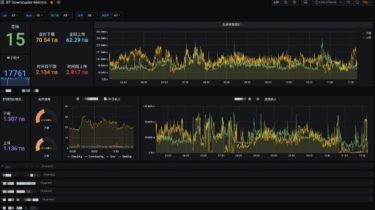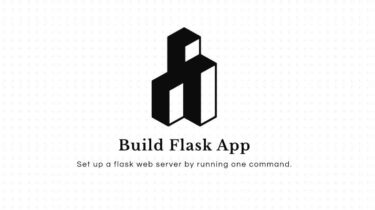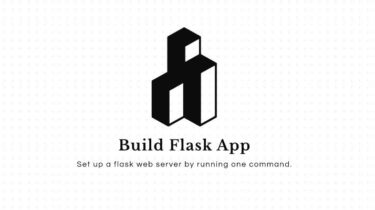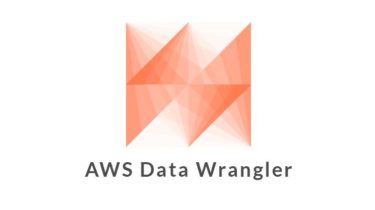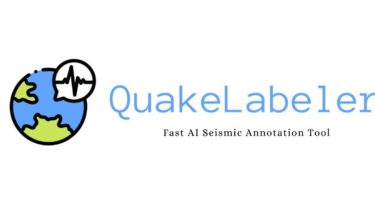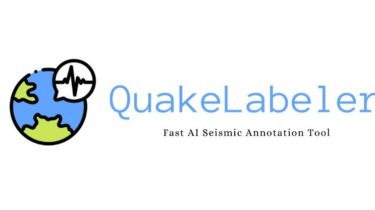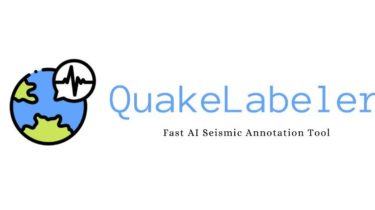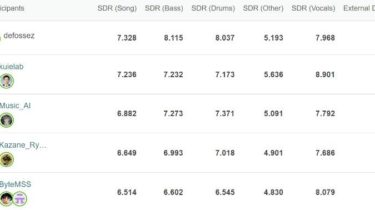A prometheus exporter for qBitorrent/Transmission/Deluge
A prometheus exporter for qBitorrent/Transmission/Deluge. Get metrics from multiple servers and offers them in a prometheus format. How to use it You can install this exporter with the following command: pip3 install downloader-exporter Then you can run it with downloader-exporter -c CONFIG_FILE_PATH -p 9000 Another option is run it in a docker container. docker run -d -v CONFIG_FILE_PATH:/config/config.yml -e EXPORTER_PORT=9000 -p 9000:9000 leishi1313/downloader-exporter Add this to your prometheus.yml – job_name: “downloader_exporter”
Read more